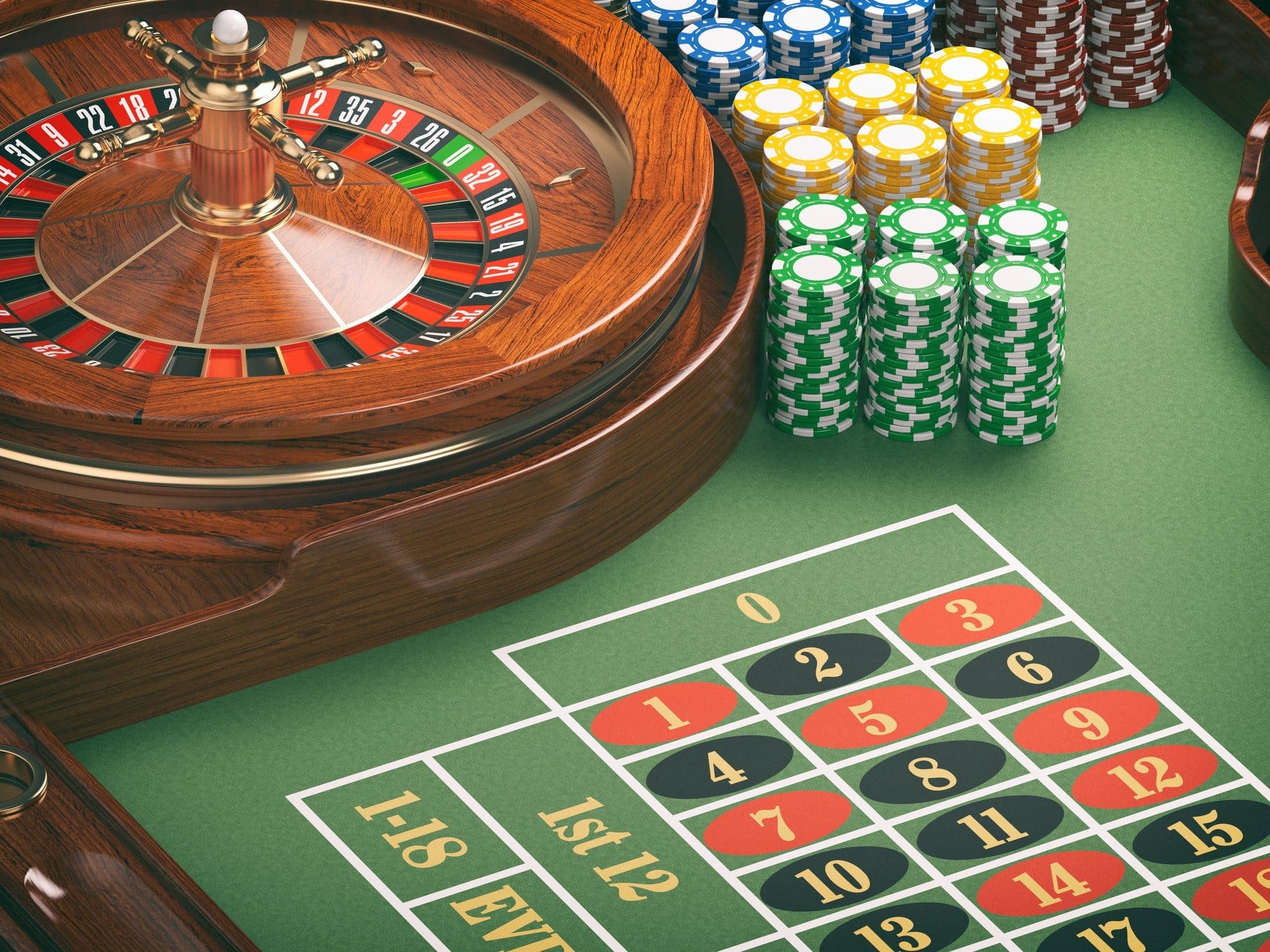
When we think of casino activities, the first pictures that frequently come to mind are those of rotating wheel devices, card tokens clattering on felt tables, and dice rolling across a betting area. While many consider these games as simple pastimes fueled by chance, a deeper exploration reveals a captivating blend of tactics, skill, and social interaction that elevates them well beyond basic chance. Whether you are a experienced player or a curious newcomer, grasping the nuances of these games can greatly enhance your enjoyment and understanding.
Gambling activities have developed over centuries, with various cultures contributing to their diverse histories and different forms. From the intricate strategies of 21 to the deception tactics in card games, players engage in a contest of wits as much as a gamble on numbers. This exciting interplay between luck and expertise creates a exciting atmosphere that draws countless people to gambling establishments worldwide. UK casino sites As we explore the world of card games, we will uncover the strategies that can shift the odds in your favor and the social aspects that make these activities a popular choice for entertainment and engagement.
The Approach of Table Games
Casino games frequently combine a mix of ability and chance, which makes them intriguing for participants who like a challenge. Every game has their own set of rules and strategies that can affect the results. For instance, in titles like 21, participants are required to use tactics like card counting and grasping the odds to make smart decisions. This skill set can significantly improve the victory potential, distinguishing seasoned players from novices who may depend entirely on luck.
In contrast, titles such as the roulette may appear to be purely based on chance, but strategic thinking can also play into play. Players can select between various betting tactics, such as the Martingale strategy, in which they increase their bets after a loss. This approach can establish a more controlled way to the activity. Understanding the odds of specific bets can also assist participants make smarter decisions on the table, showcasing that even games of chance, tactics can enhance the experience.
Additionally, poker stands out as a game that heavily emphasizes tactics. Unlike most gaming titles, poker merges skill, mental acuity, and luck. Players must not only concentrate on the cards they are dealt but also consider their opponents behavior and betting patterns. Mastering concepts like table position, pot odds, and interpreting bluffing is essential for success. This complexity of strategy in poker often creates to a more engaging encounter for participants, as the decisions and abilities significantly affect the match’s results.
Understanding Chance and Odds
In the domain of casino matches, probability and odds hold a crucial role in determining a gambler’s possible results. Every match has its own set of guidelines that dictate how the chance of succeeding or failing is calculated. For example, in matches like 21, players have a opportunity to influence their ratios through planning, whereas in matches like roulette, the outcomes are purely governed by luck. Comprehending how these probabilities are measured can substantially impact how a player deals with the game.
Ratios are typically presented in two formats: fractional and numeric. Fractional ratios show the proportion of the sum won to the amount bet, whereas numeric odds show the total return for a winning bet, including the initial bet. For instance, if a match has ratios of 5 to 1, this means that for every one unit staked, a gambler could win five dollars if they win. Understanding how to read these odds enables players to assess their possible earnings and make more educated choices during gameplay.
Players should also be conscious of the house edge, which is the casino’s inherent benefit over the gamblers. Each match has a different advantage, and grasping this concept is essential for managing one’s expectations and bankroll. Activities with a lower house edge, such as blackjack and baccarat, typically offer better ratios for gamblers compared to activities like slot machines and keno. By understanding the relationship between probability, ratios, and the casino advantage, gamblers can enhance their gaming engagement and strategize more efficiently.
The Social Aspect of Casino Table Games
Table games at casinos are often seen as a center of community engagement, bringing players together in a collective experience that extends far beyond the mere act of gambling. The atmosphere at a poker table can be electric, with players engaging not only with the game itself but also with each other. Joy, excitement, and, sometimes, playful teasing create connections that enhance the overall experience of the gaming experience. This communal aspect can turn a alone endeavor into a dynamic gathering, making casino games particularly enticing.
One of the intriguing elements of gaming at tables is the way it cultivates camaraderie among participants. Whether it’s teaming up to beat the dealer at a dice table or exchanging tales between hands in a card game, the environment encourages communication. Players often share tips or tactics, creating a sense of community that boosts the fun. This social dynamic can make new gamblers feel welcomed and less intimidated by the competitive nature of casino games. As the game progresses, friendships may form, leading to a sense of connection that keeps participants returning to the table.
Moreover, the social aspect of table gaming extends beyond just the participants. Casino staff play a vital role in encouraging interaction and maintaining the flow of the game. Their ability to engage players with friendly conversation and their expertise in running the table can create an welcoming atmosphere. This connection between participants and staff adds another layer of enjoyment, where gamblers feel connected not only to each other but also to the staff. Such interactions are often what make the experience unforgettable, as players leave with stories to tell and connections made, reinforcing the notion that table games are truly about something greater than luck.

